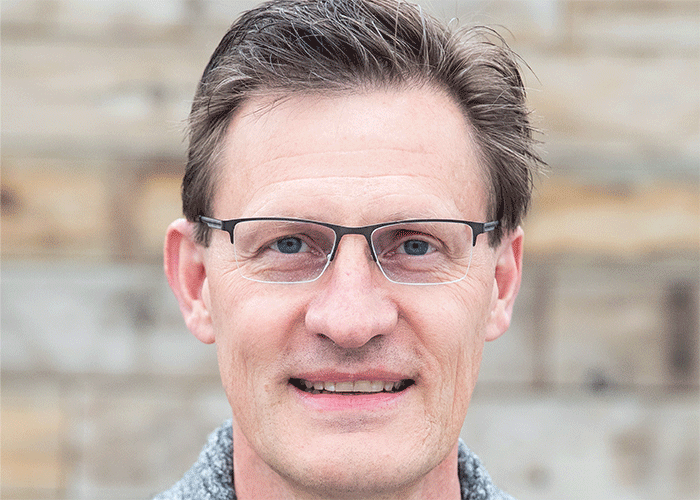As I write this in mid-March, it’s almost exactly two years since my university announced the cancellation of in-person classes at the start of the pandemic, and almost exactly one year since I received my first vaccine dose. I am astounded at the significant biomedical advances that have taken us from worrisome uncertainty two years ago, to hope one year ago, and now on to optimism for a promising future. I am fortunate to have not lost close family or friends to the coronavirus, but I mourn with those whose loved ones have passed on.

The pandemic has negatively affected scientific productivity, with students isolating due to a positive test or quarantining as a result of a close contact with a positive case. Laboratory research definitely slowed for a time, and some students initially refocused their efforts to write review papers. We experienced significant delays with laboratory supplies (who didn’t run out of gloves at some point?) and with obtaining clinical samples from medical collaborators. For the most part, those logistical challenges are now subsiding.
On the bright side, four of my PhD students graduated in the middle of the pandemic, and they’re all doing great things. One started a company, another is a postdoc at a university, one is working for the government, and the last is teaching at a university. Despite the challenges, or maybe even because of them, these recent graduates have succeeded in important ways. It feels like we finally might be on the tail end of this pandemic, but, if I’ve learned anything, it’s that predicting this pandemic’s trajectory is impossible.
A key take-home message from the pandemic has been the power of science and medicine to solve problems. We’ve certainly seen that in chemical analysis, particularly with COVID-19 testing, which received strong support from the separation science community. In my own lab, despite various slowdowns, we have been able to move research forward in several important ways. For example, we focused on using 3D printed microfluidics in assessing risk for preterm birth with maternal blood serum samples; we made significant progress in multiplexed immunoaffinity extraction, solid-phase extraction and fluorescence labeling, and microchip electrophoresis of these biomarkers. We’re also making strides to combine those three processes together in a miniaturized platform.
I am looking forward to attending in-person scientific meetings once again this year – I’m grateful that virtual gatherings have been a possibility over the past two years, but the quality and nature of interactions in those meetings have not been fully satisfactory. That said, virtual meetings, lockdowns, shortages, and so on, have helped my students develop resilience – and I believe that the pandemic will result in a new generation of scientists who are nimbler and more adaptable.
Looking further down the road, I still see a significant need for advancing miniaturized systems for chemical analysis, and we hope to be part of that. One new branch of work that my lab started during the pandemic is in droplet microfluidics, and we’re excited about the potential to use the approach to study antibiotic susceptibility.
Personally, my career took an unexpected turn into administration during the pandemic: I applied, interviewed, and was appointed Dean of Graduate Studies at my university. One of my conditions for accepting the position was for me to be able to continue mentoring students in my lab, so although I’m pausing undergraduate teaching, I remain committed to continuing research. The future looks bright indeed for bioanalytical separation science and its practitioners.
Adam Woolley is Dean of Graduate Studies and a Professor in the Department of Chemistry and Biochemistry at Brigham Young University, USA. He will be discussing his work on preterm birth risk biomarker analysis at HPLC2022.




